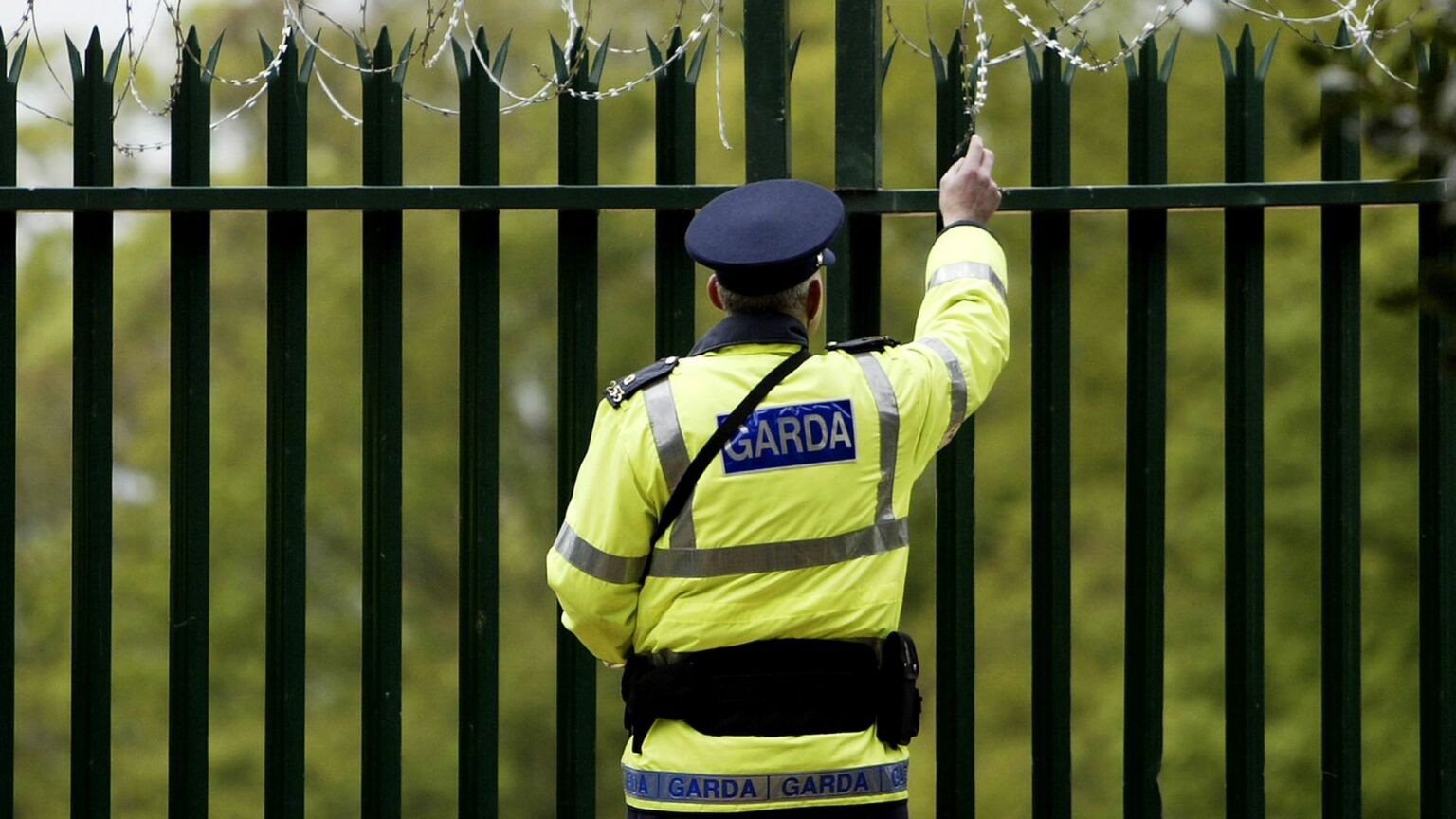Ireland’s new thoughtcrime bill is shockingly draconian
You could soon be sent to jail just for ‘possessing’ offensive material.

Want to read spiked ad-free? Become a spiked supporter.
If the Irish government gets its way, people could soon be arrested and jailed for ‘hate speech’ – even if they never say or write a single ‘hateful’ word.
The new Criminal Justice (Incitement to Violence or Hatred and Hate Offences) Bill, which is currently passing through the Irish parliament, contains some shockingly authoritarian provisions. The bill will outlaw the ‘communication’ of material or speech that might ‘incite hatred’ against people with certain protected characteristics (such as race, religion and gender). In practice, if other European hate-speech laws are any guide, ‘inciting hatred’ tends to mean little more than causing offence. This can be punishable by up to five years in prison.
As if all that weren’t draconian enough, it even makes it a crime, punishable by two years’ jail time, to simply ‘prepare or possess’ material likely to ‘incite hatred’. ‘Possession’ could mean nothing more than having an offensive video stored on your computer, or a dodgy meme saved on your phone.
The Irish government claims that this bill is necessary to protect minorities. It says it wants to defend them from harassment, threats and abuse. ‘We are all horrified when we hear of homophobic, racist and other hateful incidents in our country’, said justice minister Helen McEntee last year when introducing the bill. But the ‘possession’ offence exposes these arguments as bogus.
After all, how can the private ‘possession’ of offensive material cause any real harm to others? If something ‘hateful’ is saved on your phone, but no one else gets to see it, how can this incite hatred? Who else could even be upset or offended? The bill gets around this by presuming ‘that the material [is] not intended for personal use’, and that you must be planning to disseminate it, unless you can prove otherwise – a reversal of the usual burden of proof. Plus, if you refuse to hand over your phone or computer passwords to the authorities, when they go searching for this hate speech, you could be fined €5,000 or face up to a year in jail.
As the ‘possession’ provision makes abundantly clear, the real aim of this bill, just like every hate-speech law before it, is not to protect minorities, but to restrict the views of the masses. It is an attempt to make George Orwell’s ‘thoughtcrime’ a reality – to scare people from holding beliefs that are not approved of by the state.
The great irony here is that Ireland only recently repealed its old blasphemy laws. In a referendum in 2018, 65 per cent of Irish voters supported repealing the blasphemy code from the constitution. This was finally given legal effect in 2020. Yet just three years later, the Irish government is introducing a new, arguably stricter speech code to criminalise modern blasphemers.
Make no mistake, this law will be used to curtail legitimate debate. Under the UK’s hate-speech laws, which are less strict than Ireland’s proposals, women have been arrested simply for rejecting the tenets of gender ideology. The Irish could potentially make it a crime to ‘misgender’ someone, even in private.
Strikingly, the bill has largely flown under the radar in Ireland. Until this week, when a viral tweet caught the attention of Twitter CEO Elon Musk, the Irish media had little to say about the bill. There have been no protestations from the great and the good, nor from most ‘civil liberties’ groups. There has been next-to no opposition in parliament, either.
In Ireland, as elsewhere in the West, a woke elite is using every tool at its disposal to crack down on those who disagree with it. Now it is even prepared to criminalise thought itself.
Fraser Myers is deputy editor at spiked and host of the spiked podcast. Follow him on Twitter: @FraserMyers
Picture by: Getty.
Who funds spiked? You do
We are funded by you. And in this era of cancel culture and advertiser boycotts, we rely on your donations more than ever. Seventy per cent of our revenue comes from our readers’ donations – the vast majority giving just £5 per month. If you make a regular donation – of £5 a month or £50 a year – you can become a and enjoy:
–Ad-free reading
–Exclusive events
–Access to our comments section
It’s the best way to keep spiked going – and growing. Thank you!









Comments
Want to join the conversation?
Only spiked supporters and patrons, who donate regularly to us, can comment on our articles.